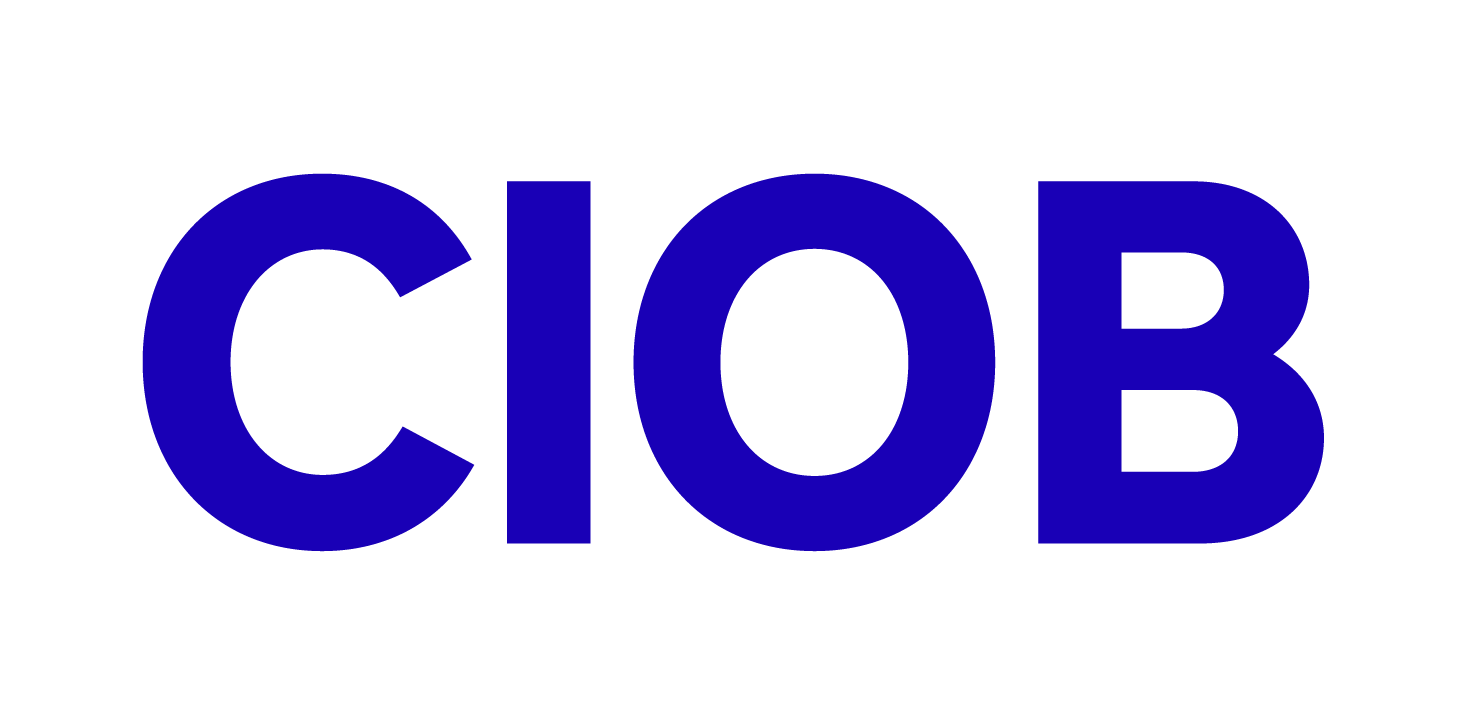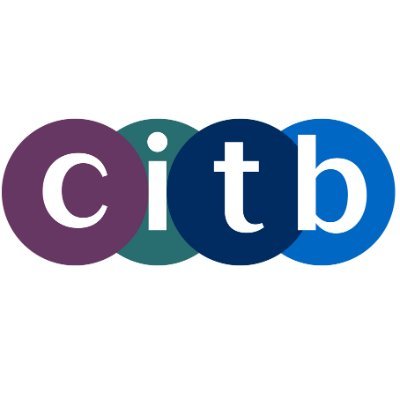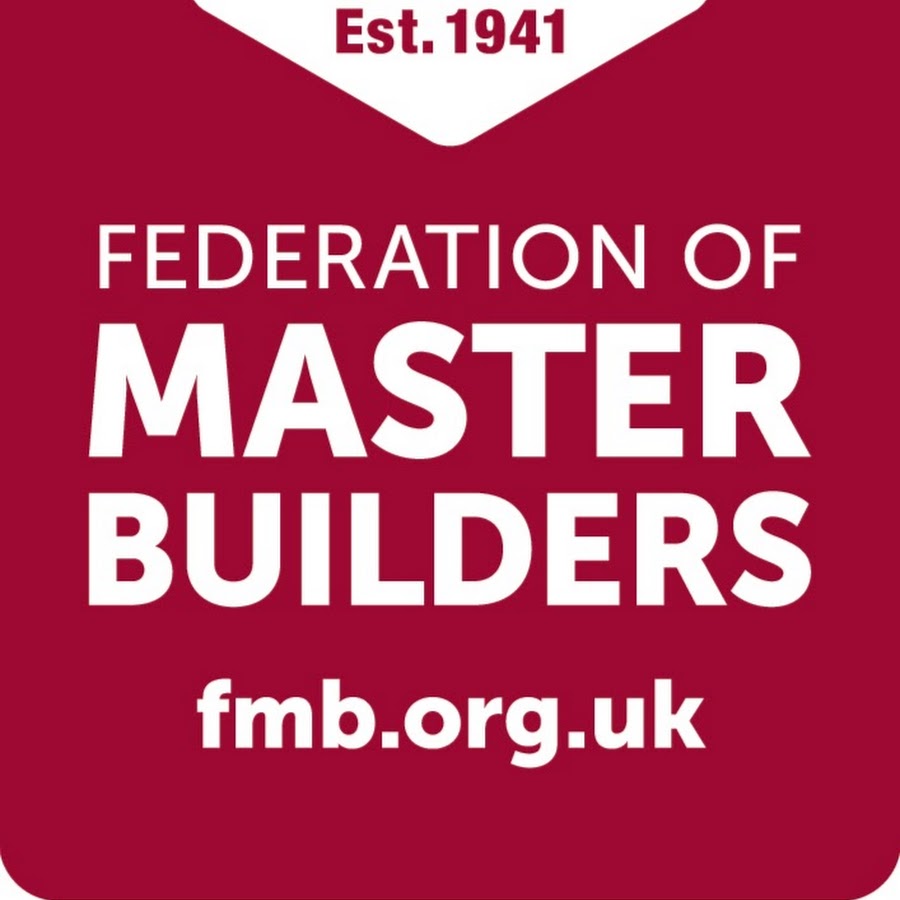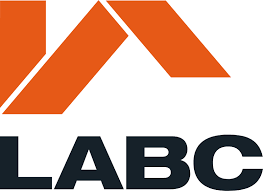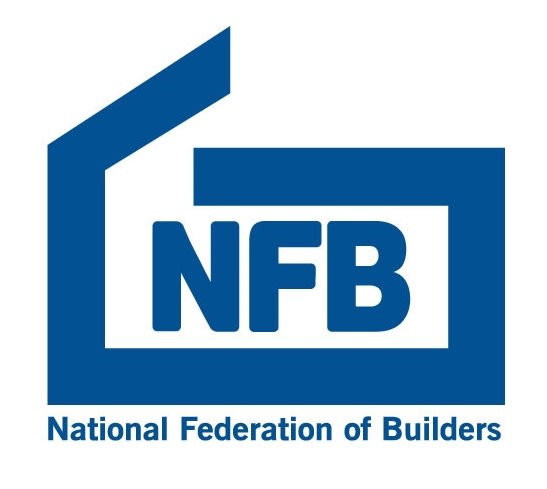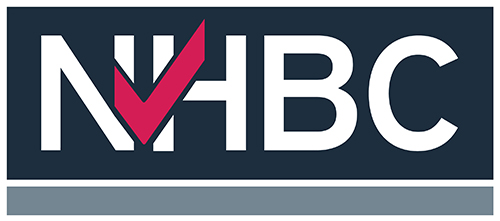Is the Time, Cost, Quality Triangle (TCQ) defunct?

Does it no longer match the purpose and desired project outcomes of enlightened clients? Or are reports of its demise greatly exaggerated? And have the substantial headwinds we now face given it a new lease of life? This month, Martyn Jones examines the current proposition that while T, C and Q are still of course vital criteria, they are not the only ways in which long-term value can, or indeed should, be measured – if we are to overcome present headwinds and transform the industry.
There are important project outcomes beyond the T, C and Q, including the health, safety and wellbeing of the end-users of our buildings and their constructors. But there are others too including the need to add longer-term value to our built assets, particularly with regard to tackling climate change, and reducing carbon emissions and energy consumption, which are all too often relegated to the lower levels of the list of project priorities – or indeed overlooked altogether.
Will the lure of the short-term, lowest-cost approach now be seen as even more attractive to clients and their advisers given the breath-taking rises in supply chain costs. But beware, we know of course that adopting a lowest-cost procurement strategy comes with huge risks: the biggest being that clients end up with a facility that doesn’t meet their longer-term desired outcomes. Every week of the Grenfell inquiry vividly exposes how cost-driven solutions can negatively impact on the client, cause grief to end-users, and loss of reputation for the whole supply chain downstream of the developer. And there are repercussions for the wider institutional and regulatory framework too. In short, too many lowest-cost projects fail to deliver their full potential and harbour future risks created by the systematic ‘devaluing’ of desired project outcomes.
That’s why the Construction Innovation Hub has created the ‘Value Toolkit’: an initiative which looks to transform the way our sector thinks about, measures, and articulates value. It offers a richer definition of what constitutes value, going beyond the deployment of the Time, Cost, Quality Triangle in the conventional design and construction phase, to address the whole lifecycle of a facility and to understand its overall lifetime worth.
The Value Toolkit is heralded as offering clients and their advisers seismic shift, a gamechanger in their procurement strategies, which will move the sector from being cost-focused to value-driven, with benefits for society generally but also driving a new culture of competence and professionalism. The argument is that those who use the Value Toolkit, particularly in conjunction with the Construction Playbook and digital solutions, will be better able to understand and unlock additional value currently buried in projects, reduce risks, and give all project partners a significant competitive advantage.
The proponents of the Toolkit argue it will help deliver more cohesive and intelligent value-based decisions across the design and construction process. It offers a framework to help clients and their advisers to work collaboratively to develop a unique Value Profile for a project or programme, enabling them and their stakeholders to articulate what is important to them and to translate these into measurable project outcomes.
Will it work? Or will it be set back by current difficult headwinds and we continue to use the old T C Q Triangle all too often skewed towards lowest price? Clearly the headwinds we face, such as disrupted supply chains and hikes in material and energy costs, are far from helpful. And there’s our history to overcome too. We’ve seen a raft of change initiatives in the past – Latham, Egan, Jones and Saad, Wolstenholme, Farmer – that were heralded as gamechangers, which have not yet resulted in the transformation that was foreseen at the time.
That’s why there is still much work for CESW to do, particularly through our Theme Groups, in supporting clients and their advisers in using the Value Toolkit alongside the commercial best practices set out in the Construction Playbook, and our forthcoming publication, Enlightened Clients’ Guide to Quality.




